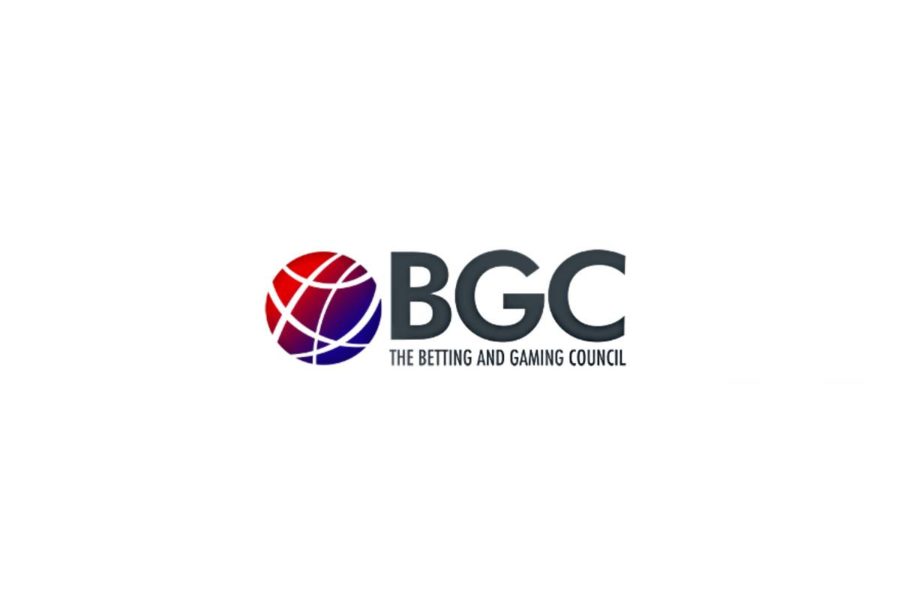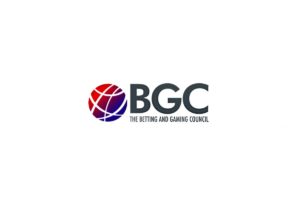BGC blasts “draconian” calls to ban free bets

The Betting and Gaming Council says a ban on free bets would push a third of punters to the black market.
UK.- The British gambling industry standard and lobby group the Betting and Gaming Council (BGC) has attacked calls for a ban on promotions such as free bets. It says such a move risks pushing “almost a third of punters” to the black market and would “suck millions out of horse racing”.
Anti-gambling campaigners are calling for the government to introduce a complete ban on promotions in its upcoming reforms of the Gambling Act, despite 69 per cent of customers saying they should be allowed. Now the BGC has cited new research it commissioned from YouGov showing that 69 per cent of players believe free bets should be allowed and 63 per cent see promotions as a valuable part of gaming.
Most worryingly, almost one in three punters (28 per cent) said they would consider betting via the black market if promotions were banned on the regulated market. The BGC also found that the move would also hit the horse racing betting levy by approximately £5m a year, causing a double blow for the industry.
The group noted that players must request promotional offers when opening an account with a regulated betting and gaming operator and can choose to stop receiving them at any time.
Chief executive Michael Dugher said: “Promotions and offers are part of the customer experience for any vibrant industry, including our intensely competitive sector, which supports 119,000 jobs and brings in £4.4bn in taxes to the Treasury.
“Blanket bans on offers would be anti-punter and would severely degrade that customer experience, punishing the overwhelming majority of punters who bet safely. Problem gambling is 0.2 per cent. Imagine the outcry if supermarkets were forced to ban offers and promotions for beer and wine? We see no difference to our industry.
“A draconian ban would damage a sector which tens of thousands rely on for their livelihoods, by turning punters away from the regulated industry into the arms of unsafe, unregulated black market gambling, where the numbers using such sites has doubled in recent years and the amount bet is in the billions. These sites have none of the safer gambling tools the regulated industry employ.
“A move like this would also hit the horse racing levy for £5m, but the loss of punters to the unregulated black market would undoubtedly also hit other regulated funding for racing such as media rights and sponsorship.
“We support the Government’s ‘evidence-led’ approach to gambling reform, which is why any changes should be carefully targeted to protect vulnerable players and those at risk, not the vast majority who bet safely. Ministers shouldn’t be sticking their nose into how people choose to spend their own money, and the last thing they should be doing at this time is damaging business and sport”.
The BGC says that black market gambling has more than doubled in just two years, from 220,000 users to 460,000 and the amount staked there is now in the billions of pounds.
The Department of Digital, Culture, Media and Sport continues to insist that its gambling white paper will be published “soon”. The review has lasted more than 18 months.
The government was widely expected to propose maximum stake limits for online casino gaming, a ban on gambling sponsorship in sports and a mandatory levy on gambling operators. However, it has been reported that those two later proposals have been dropped. Other changes expected include a requirement for operators to share data to a single customer view and new measures on affordability.
Meanwhile, the Gambling Commission has published guidance on its new consumer protection requirements due to come into force on September 12. The guidance aims to ensure that online gaming operators are clear on what they need to do to meet the new requirements, which were announced in April.
British Gambling Commission sets out new licensing process
The Gambling Commission has announced changes in its licensing processes, doing away with the current dedicated account manager model. The changes mean that operators will no longer have specific individual contact when they apply for a licence.
The licensing department will be divided into four sub-groups, each responsible for different types of work. The regulator said it was making the changes to its working practices in order to make the best use of its resources. It said it hoped the changes will allow it to process applications more quickly. It also hopes to be able to resolve queries more efficiently and effectively.











